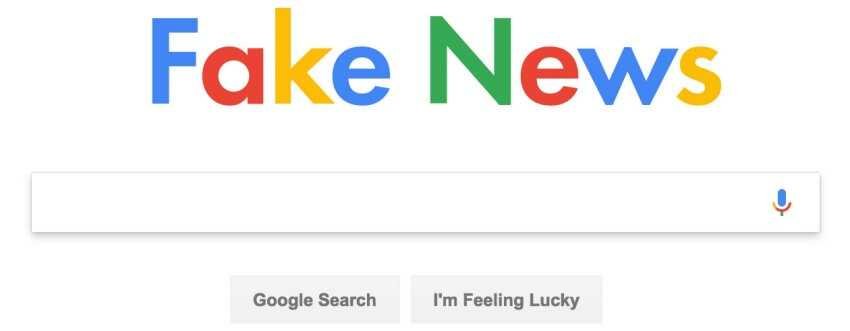Once upon a time, April Fools' Day was fun and harmless. Fake news existed massively once a year. But it seems those days are gone forever. We now live in the age of fakes news. where myths are presented as truths, and we believe them.
Fake news is no longer an annual “celebration”, it is a news cycle that happens 365 days a year.

This year, April Fool's Day falls on a Sunday, resulting in press releases Companies to start brain storming early, so that their pranks are believable.
For journalists, this means many days of gathering ideas that become press releases without having to write a disclaimer. There are, of course, the others, who just do not think:

One of the most successful jokes last year was that of Krispy Kreme. The donut company claimed just before April Fools' Day that she would change her name to "Krispy Cream" because the British didn't know how to pronounce the word "Kreme".
"Krispy Kreme UK is getting a friendlier name for England to stop doing it wrong," one caption said. "Krispy Kreme is changing its name here in the UK to stop people from saying it incorrectly", one said.
So publishing fake news to an unsuspecting audience any day of the year is not funny, as we have seen false stories circulated daily to cause serious consequences.
In some cases, false stories become much more viral than real news. Three months before the presidential elections in America, the fake news for the election was so much which competed with the real news on Facebook.
During the most critical period of the election campaign, 20 fantastic stories about the election created 8,7 million shares and like on Facebook, far exceeding 7,3 share shares and like gathered from regular news.
These top fake news headlines were: "Hillary sold weapons to ISIS" and "FBI agent suspected of Hillary's email leaks found dead".
Since then, fake news has become part of our lives far more than it was.
By definition, fake news is false information that is masquerading as a regular news. It is something similar to propaganda because they distort the truth to gain in emotional persuasiveness.
But the incentives behind fake news are not just political. Many artists of fake stories try to make money with distributed content designed to win a big audience.
So, do today's companies use Protoprilia as an excuse to do the same thing?
“The same motives are the creators of news stories. The unfortunate reality is that some people use the same techniques on a daily basis to make money or manipulate public opinion, ”says Claire Wardle of First Draft News.
"Consumers of online information should be alert in May, June and July as they would be on April 1st."
Η April Fool's Day it is a day when you will have to judge and think constantly so as not to be deceived. Today when information is fabricated, manipulated or outright misleading, it should be done daily in everything we see in our news feed.
- Fake News: Global Crash of Social Media Confidence
- BFF: No will not save you on Facebook. It's a hoax
- Elon Musk: Artificial Intelligence is more dangerous than nuclear
- Fake News: The biggest technological failure requires a non-technical solution





